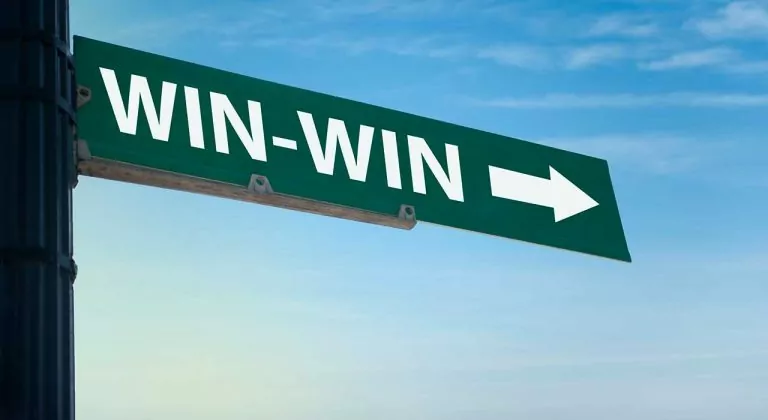Coveting is not only a sin, it’s stupid. It’s important we’re clear on both points, because the Devil is willing to work any angle. He knows he’s not going to fool us on the sin side – many of us hear the Ten Commandments read every Sunday again.
But what if he could make the case that, sure, coveting is sinful, but it still makes sense? Oh, yes, looking over the fence at your neighbor’s stuff may not be polite…but just look at it all! Does he really need all that stuff? Is it even fair that he has all that?
To many, Christians included, this is an appealing pitch – fairness is a good thing, isn’t it? Then comes the clincher: we’re told all this ogling is okay because our neighbor’s wealth – well, a lot of it anyway – is really ours in the first place. The way the story is told, there’s only so much wealth to go around, so our rich neighbor could only become wealthy by taking more than his fair share, leaving poor folk like us with next to nothing. So we’re not coveting someone else’s stuff – it’s really ours. We have a right to it, and it’s about time that the rich starting giving it back!
That’s a popular story in the world today. But as you might suspect, folks who tell us it is okay to do what God forbids (Ex. 20:17) don’t have their facts straight. The truth of the matter is that, so long as our rich neighbor didn’t get their money from piracy or lobbying the government (did I just stutter?) – so long as he got his money by earning it – his wealth didn’t come at our expense at all. In fact, if he got his money by selling something others wanted – whether it’s iPads, cows, or his own labor – then this rich neighbor has already given back more than he got. As commentator John Stossel explains:
“It is instinctive to think of life as a zero sum game – if I win, you lose. Politicians think that way because that’s how their world works. And lawyers who sue people think that way – you either win or you lose.
“But in business, you only win if you give your customers something they want. If you make a big profit, it doesn’t mean you took it from the customer. The customer voluntarily gave you his money. He felt he gained something too. It is why you get the weird double thank you moment when you buy anything. If you bought a cup of coffee this morning, you gave the cashier a buck, and she said, ‘Thank you.’ She gave you the coffee, and you said, ‘Thank you.’
“‘Thank you.’ ‘Thank you.’
“Why both? Because you both felt you won.
The same is true with even the richest people on the planet. We look at a Bill Gates and think that he must owe us something because he has so much. But how did he get his billions? By selling a product – Windows 1.0 – for $99. To Gates, the $99 was worth more to him than his product, and that’s why he was happy to make the exchange – it made him wealthier. But here’s the thing: his customers were happy to make the exchange too, because his product was worth more to them than holding on to their $99. Afterwards they felt they were better off too – if they didn’t, they never would have made the purchase.
So today’s covetousness is as sinful as ever. But it is more than that: talk of “getting the rich to pay their fair share” shows a fundamental misunderstanding of the good the industrious rich have already done. A rich businessman like Gates has made his billions by giving something even more valuable to his customers and in doing so, he is already spreading the wealth – billions and billions of dollars worth.














